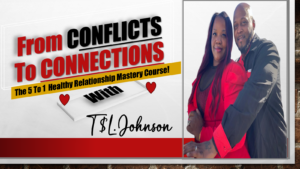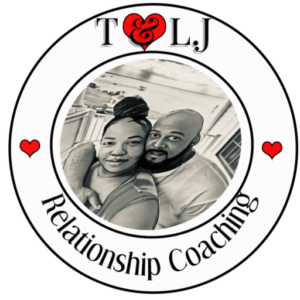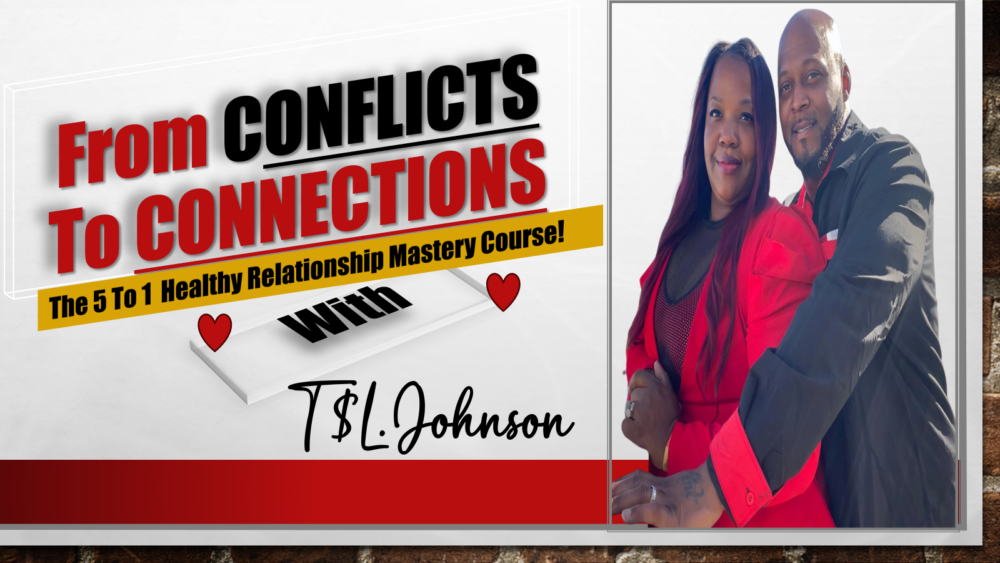Let’s be real—arguments are a natural part of any relationship. Whether it’s with a partner, family member, or a close friend, disagreements happen. But here’s the interesting bit: every argument can also be an opportunity for us to grow closer. In this article, I’m going to explore this idea through five different perspectives that I’ve found to be incredibly enriching in my own life. Buckle up because we’re diving in!
Understanding Different Perspectives
Recognizing Our Views
One of the first steps in navigating an argument is understanding that we all come from different backgrounds and experiences. This means that our perspectives can vary wildly, and that’s perfectly okay. When I find myself butting heads with someone, I take a moment to reflect on why I feel the way I do. It’s about recognizing my own biases and acknowledging that the other person’s point of view is equally valid.
This understanding doesn’t just lead to conflict resolution; it fosters empathy. When I consciously make an effort to see things through the other person’s eyes, I often find common ground that we can build on together.
So instead of getting defensive, consider actively listening. This can transform a heated disagreement into a meaningful dialogue where both parties feel heard and valued.
Active Listening Skills
Active listening is key—it’s that magical ingredient that can change the trajectory of any argument. It goes beyond merely hearing words; it’s about engaging with what the other person is saying. When having a tough conversation, I focus on nodding, summarizing their points, and asking clarifying questions.
This strategy not only helps me understand their perspective better but also shows them that I care about what they think and feel. It shifts the energy from one of conflict to one of collaboration.
Being an active listener might seem simple, but it can profoundly affect relationships in the long run. I can’t stress enough how much people tend to soften when they feel genuinely listened to. It’s a game-changer!
Finding Common Ground
Finding common ground during an argument can often be a challenge, but it’s also one of the most rewarding experiences. Whenever I find myself disagreeing with someone, I try to focus on what we can agree on, even if it’s just a tiny piece of the conversation.
For example, if my partner and I are at odds about scheduling our weekend plans, instead of fixating on the minutiae, we might agree on the importance of spending time together—our end goal is the same. Recognizing this shared value helps to dissolve some of the tension between us.
Once we identify that common ground, it often feels much easier to work through our differing opinions. It creates a united front against the issue at hand instead of at odds with each other.
Building Trust and Respect
Openness and Vulnerability
Now let’s dive into something that’s super important—trust and respect. I’ve learned that being open and vulnerable during an argument can seriously strengthen both. It might feel uncomfortable at first to share my innermost thoughts or fears, but it’s surprising how much it encourages the other person to do the same.
This mutual vulnerability can enhance trust. When I openly express my feelings and fears about a situation, it invites the other person to respond with empathy instead of defensiveness. It can take the argument from a combative stance to a constructive conversation.
In my experience, more often than not, showing that level of openness has deepened the bond I share with others, turning potential pitfalls into stepping stones toward a stronger relationship.
Accepting Differences
Accepting differences is crucial as well. I used to think that to resolve an argument, we had to find a way to agree completely. Then I realized that sometimes, it’s just as valuable to respect our differences. Often, it’s those very differences that enrich our relationships. I appreciate those traits in my friends and loved ones even when we don’t see eye to eye.
By accepting that it’s okay to disagree, I find that I also can create an atmosphere of respect. It’s not about winning or losing but about understanding that we’re two whole individuals sharing a journey.
This acceptance helps me step away from the argument, knowing that it’s perfectly fine to have differing opinions and that these differences can coexist harmoniously in a relationship.
Resolving Conflict Gracefully
Resolution doesn’t have to be adversarial—in fact, it’s better when it’s not. I remind myself that the goal is to come to a resolution that respects both parties. This means I always try to approach discussions with a mindset geared towards compromise.

For instance, if my friend and I can’t agree on where to eat, I suggest we alternate choices. This way, everyone wins in the end! It’s crucial to keep the spirit of cooperation alive while resolving conflicts.
Additionally, I practice thanking the other person for their willingness to engage in conversation, which helps to end the discussion on a positive note. Wrapping up disagreement this way fosters respect and reinforces that we both want a healthy relationship!
Growing Together Through Challenges
Embracing the Learning Curve
Every argument brings the potential for growth. I view every conflict as a learning opportunity, a chance to learn more about myself and the other person. Reflecting on these disputes allows me to understand my reactions and triggers better.
When I shift my mindset from seeing arguments as negative experiences to viewing them as chances for personal evolution, I approach disagreements with a different attitude. This perspective allows me to leave each conflict with newfound knowledge.
Don’t shy away from reflecting on what went down and recognizing any patterns that emerge. This can help build emotional intelligence and improve future interactions.
Strengthening Emotional Bonds
Every time we handle conflict with grace and integrity, we strengthen the emotional bonds we share. In my experience, overcoming a disagreement often leads to deeper intimacy. We learn what really matters to each other, which allows us to address those vital aspects in future conversations.
Having handled disagreements means knowing how to communicate more effectively. It’s as if we’re writing our own relationship playbook with each argument. This accumulation of knowledge can lead to fewer misunderstandings moving forward, ultimately tightening our connection.
It’s pretty incredible how past conflicts can serve as foundational experiences that enhance our relationships. They pave the way for a stronger connection built on mutual respect and understanding.
Celebrating Growth Together
Finally, it’s essential to celebrate the growth that comes from navigating arguments together. When my partner and I resolve an issue, we often take a moment to acknowledge what we’ve learned and how we’ve grown. It’s like our own little victory dance!
Recognizing growth validates the effort that both parties put into the relationship. I’ve learned to chuckle at the small victories we achieve rather than dwell on the negatives.
By making it a point to celebrate these moments, we build a sense of teamwork that reinforces our bond. The next time conflict arises, we can look back and remember the strength in unity, making it easier to tackle disagreements head-on.
Frequently Asked Questions
What should I do when an argument arises?
When an argument arises, take a deep breath and remember to stay calm. Approach the situation with an open mind and focus on understanding the other person’s perspective. Good communication is key!
How can I ensure my partner feels heard during disagreements?
Use active listening skills—this means really engaging with what they’re saying, summarizing their points, and asking questions. Showing genuine interest can make them feel valued and heard.
Why is it important to respect differences in a relationship?
Respecting differences enriches relationships. It acknowledges that both partners are whole individuals with unique perspectives. Embracing these differences fosters deeper understanding and connection.
How do I know when to compromise in a disagreement?
Look for common ground and shared goals in your discussions. If the disagreement is causing undue strain, consider whether a compromise could create peace while maintaining your values.
What can I learn from arguments in a relationship?
Arguments offer valuable insights into your own behaviors and triggers. Reflecting on them can improve your emotional intelligence, communication skills, and ultimately strengthen your relationship.

Schedule Your First 20-Minute Coaching
Call With Us Today to see if we fit . You pick the price!
Click Here




